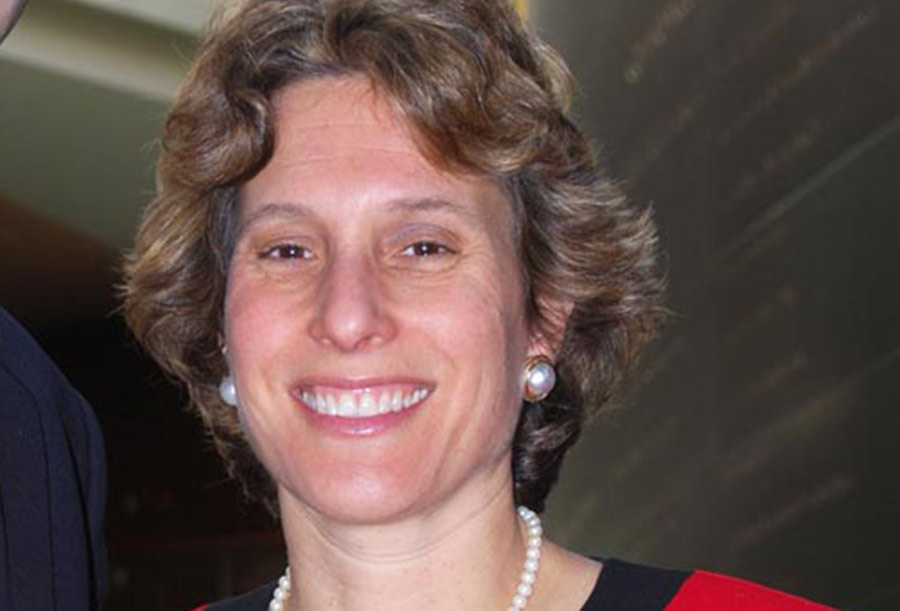The Pennsylvania Supreme Court last week ordered the suspension of Dawn Segal’s law license for one year and a day.
Segal, an open lesbian, served as a municipal-court judge in Philadelphia for about six years until she was forced to leave the bench in 2016 due to improper conversations with another judge. The following year, she was permanently barred from holding judicial office.
Segal, 59, worked as a personal-injury attorney based in West Mount Airy after she was removed from the bench. The suspension of her law license goes into effect May 9.
Under state law, she can apply to the state Supreme Court for reinstatement. However, the reinstatement process is arduous and expensive, with no guarantee of success.
If Segal’s law license had been suspended for a year or less, she would have been reinstated automatically at the end of the suspension period, thus avoiding the reinstatement process.
Segal or her attorney, Stuart L. Haimowitz, couldn’t be reached for comment.
Segal recently submitted an affidavit to the court, stating agreement that she acted unethically when she discussed three cases with another judge. The affidavit states that Segal’s “consent [to her law-license suspension] is freely and voluntarily rendered; she is not being subjected to coercion or duress; and she is fully aware of the implications of submitting the consent.”

The conversations in question took place from 2011–12 on the phone with Municipal Court Judge Joseph C. Waters Jr. The FBI wiretapped the conversations as part of a larger investigation of judicial corruption in Philadelphia.
While she agreed the conversations were improper, Segal stated in court documents that she didn’t “fix” any cases at Waters’ behest.
But in 2016, the state Court of Judicial Discipline found that Segal violated the state constitution and the state Code of Judicial Conduct in discussing the cases with Waters.
The CJD said Segal should have promptly reported Waters to authorities after his initial phone contact with her about a case. In December 2016, the court ordered Segal’s permanent removal from the bench, after a sanctions hearing, during which she gave an impassioned plea for her return to the bench.
In May 2017, oral arguments were held in Harrisburg before the state Supreme Court, which ultimately upheld Segal’s permanent removal from the judiciary.
The arguments focused on whether the CJD was consistent in its approach to disciplining problematic judges. Segal argued that many Pennsylvania judges engaged in more egregious behavior than hers, yet received only reprimands or brief suspensions.
But the state Supreme Court rejected that argument, emphasizing the gravity of Segal’s misconduct.
The high court said permanent removal from the bench wasn’t unduly punitive and called her actions “an affront to the administration of justice that diminish confidence in the judiciary at large.”
Waters was convicted of fraud and spent almost two years in federal prison. He was released in November 2016, according to prison records. Segal isn’t accused of any criminal wrongdoing.
Throughout the appeals process, she maintained that none of her rulings in the three cases at issue was influenced by Waters’ input. “His calls did not affect case outcomes or her decisions,” an attorney for Segal stated in one court filing.
